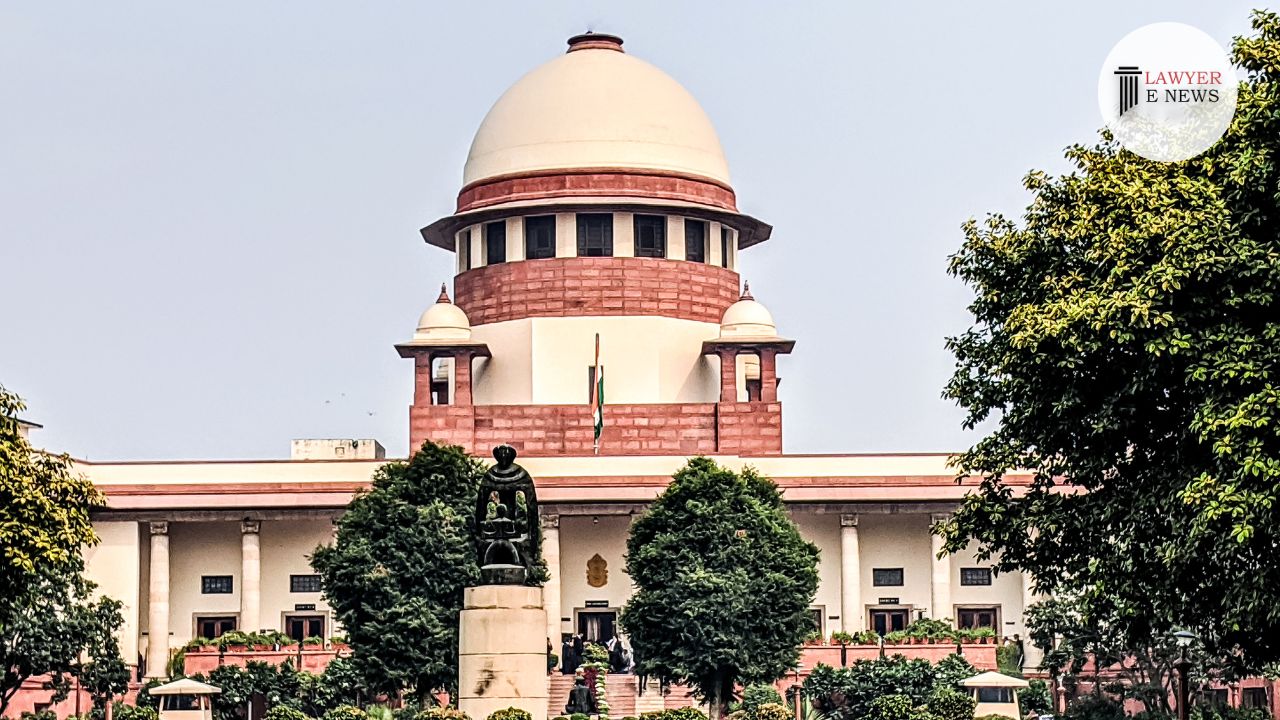-
by Admin
15 February 2026 5:35 AM



The Supreme Court has set aside the Gujarat High Court's decision to deny indigent status to a claimant seeking to file an appeal for enhanced compensation awarded by the Motor Accident Claims Tribunal (MACT). The judgment, delivered by a bench comprising Justices J.K. Maheshwari and Sanjay Karol, emphasized that the actual receipt of the compensation amount is essential for determining indigency status, thereby ensuring access to justice is not precluded by lack of monetary capability.
The Supreme Court underscored the necessity of actual receipt of the awarded compensation in determining indigency status. "A person being an award holder of monetary compensation without actual receipt thereof would be disentitled from filing an appeal seeking enhanced compensation as an indigent," the bench noted. This principle was crucial in ensuring that lack of financial resources does not obstruct access to justice.
The Supreme Court observed that the High Court had erred in dismissing the appellant's application without conducting the necessary inquiry to verify her indigency status. Justice Sanjay Karol stated, "The language used in Orders XXXIII and XLIV of the Code of Civil Procedure clearly indicates that the deferment of court fees is intended to help poor litigants unable to pay the requisite court fee due to their poverty."
The judgment elaborated on the principles of evaluating indigency in the context of filing appeals. The Court reiterated that the statutory requirements under Order XLIV, Rule 3(2) of the Code of Civil Procedure must be met, which includes conducting an inquiry into the claimant's financial status. "The High Court was incorrect in rejecting the Misc. Application without adhering to the procedural requirements set out in the Code," the judgment stated.
Justice Sanjay Karol remarked, "The intent of Orders XXXIII and XLIV is unmistakable. They exemplify the cherished principle that lack of monetary capability does not preclude a person from knocking on the doors of the Court to seek vindication of his rights."
By allowing the appeal and granting the appellant permission to file as an indigent person, the Supreme Court reinforced the principle that access to justice must not be denied due to financial incapability. The Court requested the High Court to expedite the disposal of the appeal within six months, highlighting the importance of timely justice. This decision not only rectifies the immediate grievance of the appellant but also sets a significant precedent for similar cases, ensuring that the judiciary remains accessible to all, regardless of financial status.
ALIFIYA HUSENBHAI KESHARIYA v. SIDDIQ ISMAIL SINDHI & ORS.
Date of Decision: May 27, 2024
